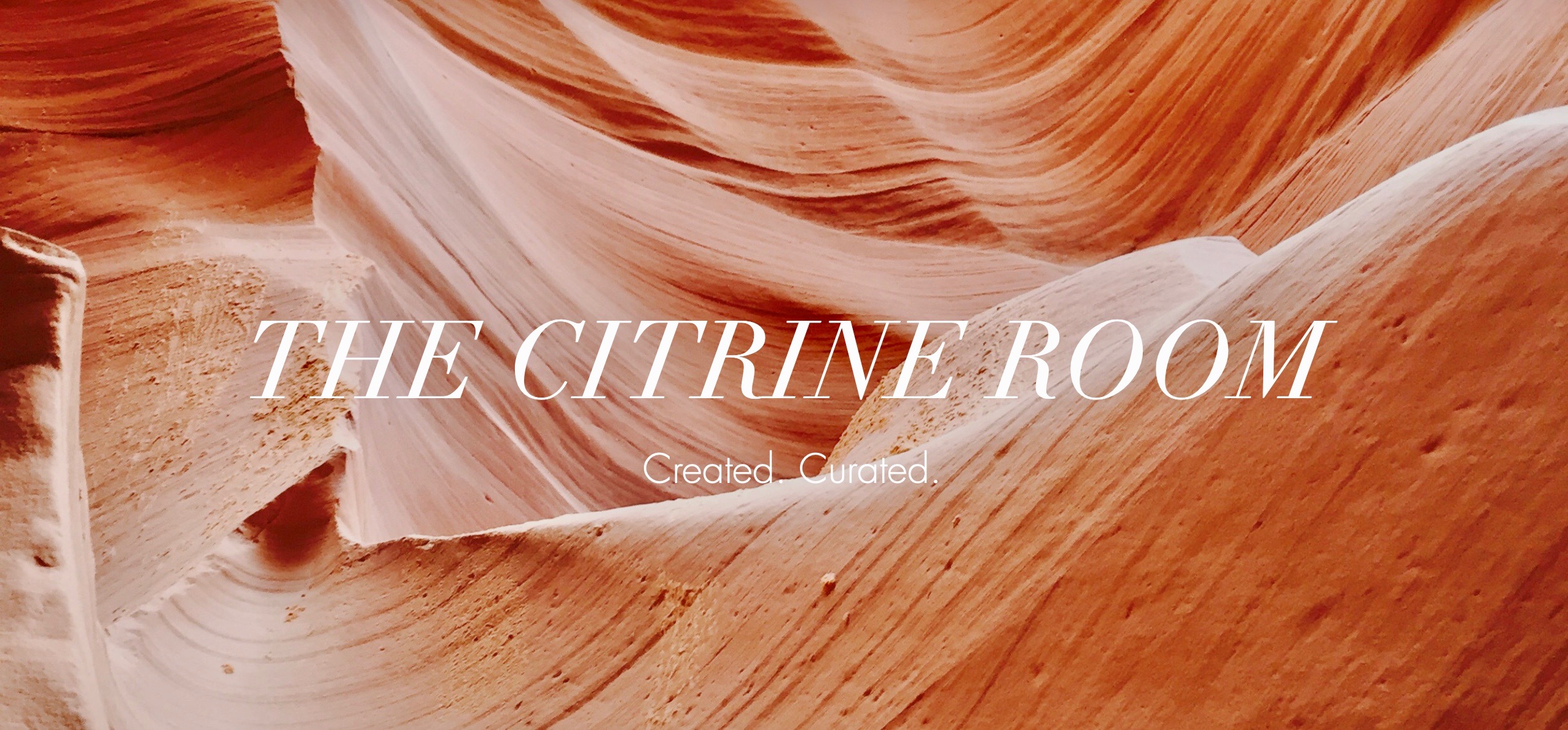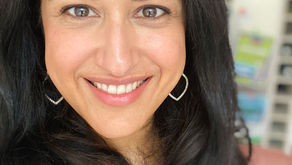Between Crisis & Consciousness
- MR

- Sep 12, 2025
- 4 min read
Updated: Sep 15, 2025
Dear Friends,
A lot is happening in the world right now. As I write, the weight of it all is hard to ignore—genocide, war, political chaos, climate disasters, the economy, AI reshaping the future. Some of it is unprecedented, but the feeling isn’t new.
I spent twenty years as a broadcast journalist. Delivering breaking news live on TV was a regular occurrence. Voices in my earpiece, producers counting down, that intensity in the studio when a story turned grim. It felt, in those moments, as if nothing else existed beyond the camera and the bright lights shining in my face. And then, when my shift would be over, I’d walk outside onto the street, and it would feel like I walked through a force field into a different reality. There were people buying groceries, rushing to work, and queuing for the bus. Life was still happening. It wasn’t that the news didn’t matter—it did—but most people carried it alongside their own everyday worries. That didn’t make them selfish. It made them human.
Ten years later, the noise is louder. News reaches us before we’re even out of bed, threaded between cat videos and get-ready-with-me reels. We can’t turn it off, yet bills still need paying, children still need feeding and educating, we get sick and need help, the elderly still need care. And I say all of this knowing it’s a privilege in and of itself to have these worries when others live under bombs or face famine, but it’s also reality.
When I write about coaching, I know my work sits high on Maslow’s hierarchy of needs: where love, belonging, self-esteem, and the search for meaning are at the upper echelons of the pyramid after the needs of immediate survival are met. But Maslow also recognised that life isn’t a straight climb. Our needs blur, overlap, and shift with circumstance. A sudden illness, a lost job, a war half a world away—or right outside the window—can drop us back to the base of the pyramid in an instant. And even in moments of relative safety, the longing for connection or purpose can feel just as urgent as food and shelter. That truth keeps me humble in my work: the conversations I have with clients aren’t separate from the world’s instability; they exist inside it, shaped by it.
Here’s what my years in news taught me: the world will always deliver chaos, and the news will be there to report it. There will be news that is far away, and there will be events that hit close to everyone’s home, like a pandemic, local council budget cuts, or a climate disaster. When it’s the latter, lockdown or not, we still have to find ways to solve the problems of our everyday lives. And simmering beneath the surface of survival are the quiet questions which don’t go away overnight. What am I doing with my life? What is it all for? Who am I? What do I want? How do I want to live? If we don’t face them, they will be answered for us by a world spinning with no purpose other than to divide and conquer, far from humanity’s highest goal of leaving no one behind.
I still hold on to an old newsroom saying: think global, act local. For me, that begins at the most local place of all—myself. To be honest. To be self-aware. To live with intention, while remembering that many cannot because of circumstances beyond their control. Giving women the space they need to work through what is going on in their lives, coaching them to find the answers that feel aligned with who they actually see themselves as being and how they want to live, and the integrity I bring to my own life, are the clearest examples I can offer.
Others will have their way of, as Gandhi said, “(being) the change (they) wish to see.” My husband, for example, coached the kids’ football team in the village and is still an active contributor to the club’s overall welfare. And while our choices may seem small, they create quiet ripples: in how we treat strangers, raise our children, spend our money, and use our voices. That is where private decisions become public acts, where a personal ethic becomes part of the larger fabric we all share. And while these events tend not to make headlines or go viral, they matter more than perhaps we’re comfortable admitting.
Even when the world feels overwhelming, and it certainly does today, the smallest sphere we can influence is ourselves. Caring for our inner lives—understanding our choices, our motivations, being at peace with who we are, prioritising our relationships, living with honesty—is not escapism, selfish, or indulgence. It’s what I return to when fears, worries, and insecurities grip me. We may not have the answers on how to solve the world’s problems, but we can find the answers on how to stay grounded. By doing so, we create ripples of steadiness and care that reach families, communities, economies, and the kind of future we hope to see.
Monita xo






Comments